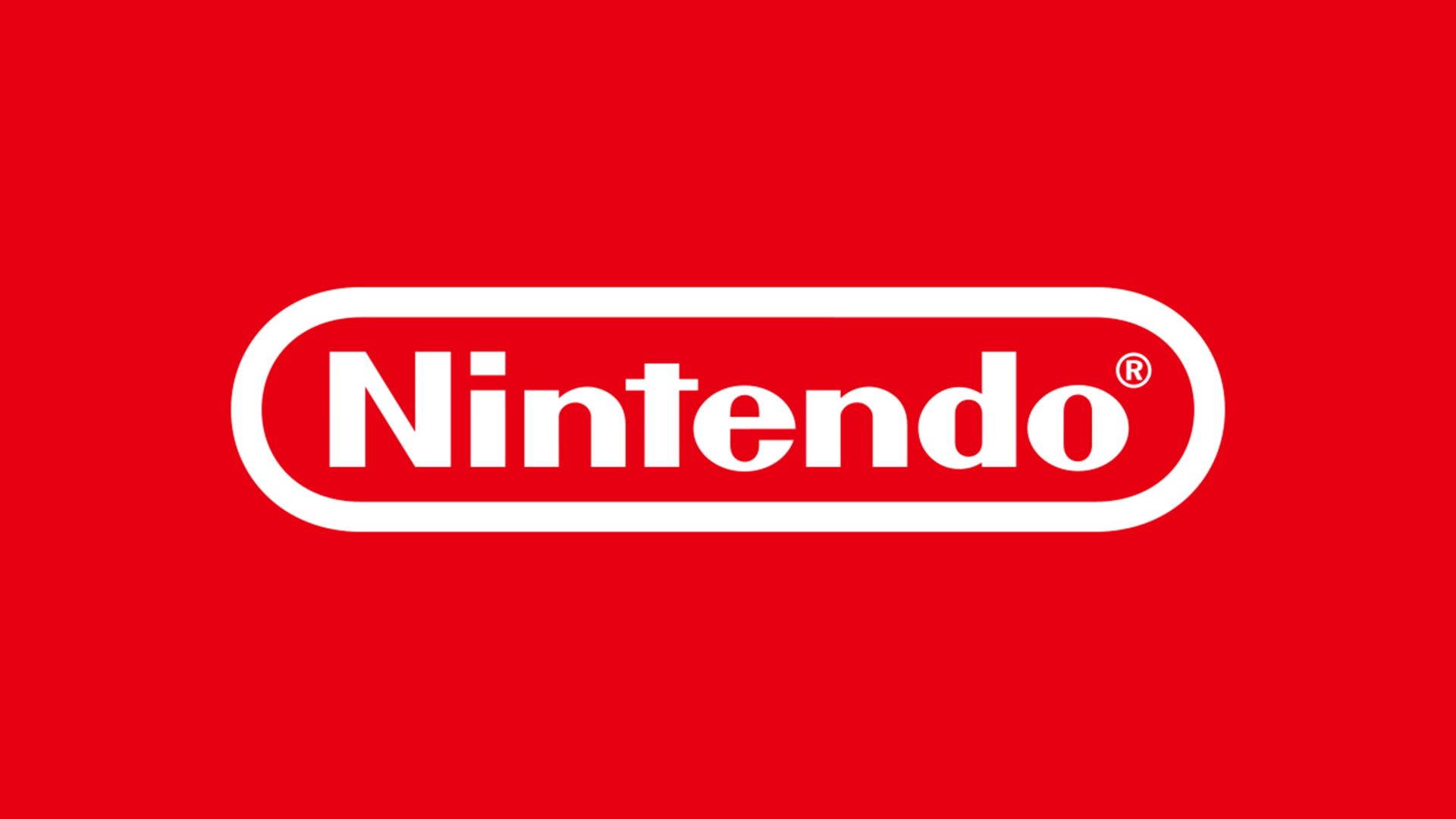
After the phenomenal success of the Switch, Nintendo has announced its next-generation console, with a deeper reveal scheduled for April. The new device will seek to build on the iconic hybrid console’s legacy.
Nintendo has officially unveiled the successor to its immensely popular Switch console, promising to provide more details about the new device in April. The announcement marks the beginning of a new chapter for the gaming giant, following the extraordinary success of the Switch since its debut in 2017.
As of late September 2024, Nintendo has sold a staggering 146 million Switch consoles, making it the third-best-selling video game console in history. Only Sony's PlayStation 2 and the Nintendo DS have surpassed this milestone. In addition to hardware sales, Nintendo estimates it has sold 1.3 billion games for the Switch, with several titles becoming cultural phenomena. Among these, Mario Kart 8 Deluxe stands out, having sold 64 million copies. Another major hit was Animal Crossing: New Horizons, which became a global sensation during the COVID-19 pandemic, selling 46 million copies.
Despite these successes, the path to the Switch’s triumph was far from smooth. When Nintendo first revealed plans for the console in 2015, the reception was lukewarm at best. The announcement came after the failure of its predecessor, the Wii U, which had struggled in the market. Initially, the Switch was criticized for its high price, limited game selection, and its lack of raw power compared to competitors like Sony’s PlayStation 4. Analysts, including Hideki Yasuda from Toyo Securities, noted that many saw console gaming as a shrinking market, with mobile gaming increasingly capturing consumer attention. As a result, expectations for the Switch were low. However, once the console launched and quickly gained traction, opinions shifted dramatically.
What set the Switch apart, according to experts, was Nintendo’s unique approach to design. While the hardware was not particularly cutting-edge, the company’s signature philosophy of “lateral thinking with withered technology" proved to be a winning formula. This concept, rooted in the company's history, involves making something innovative out of existing technology. Florent Gorges, a historian of Nintendo, described the Switch as the “apotheosis” of this mindset. Combining its portability with an impressive library of exclusive games, the Switch appealed to both casual and hardcore gamers alike, and its hybrid nature—allowing it to function as both a portable and home console—resonated deeply with consumers.
The Switch’s success also had a profound impact on Nintendo’s internal structure. In response to the console’s performance, the company merged its home console and portable divisions into a single unit. This restructuring allowed for a more streamlined development process, ensuring a steady flow of first-party games that contributed to the platform’s ongoing success. Serkan Toto, an analyst at Kantan Games, noted that this shift had proven crucial, as it enabled Nintendo to maintain a consistent pipeline of high-quality games, further solidifying the Switch’s dominance in the market.
With the reveal of the Switch’s successor, Nintendo is clearly looking to build on this legacy. While details remain scarce, the company’s track record of innovation and its ability to surprise the gaming world suggest that the next console will be worth the wait.
With AFP



Comments